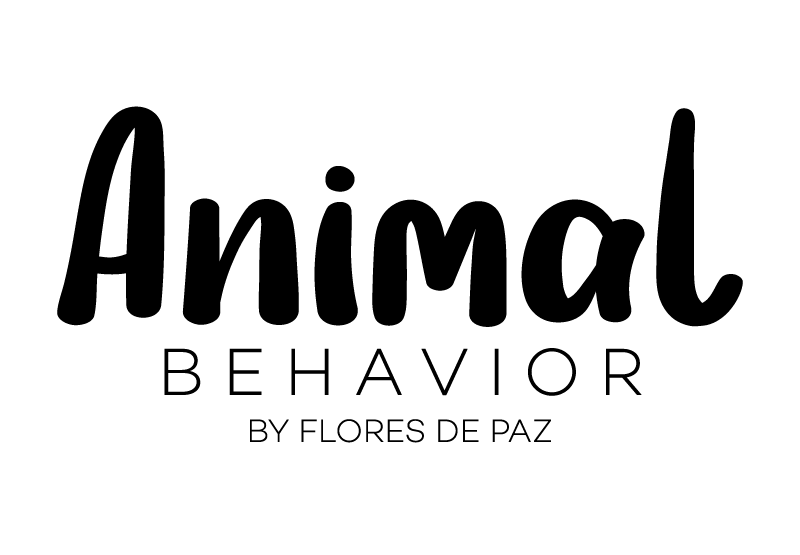
Emotions are an important part of animal life, just as they are for humans. From joy and love to fear and sadness, emotions can influence behavior and animal health in many ways. In this article, we will explore how the central nervous system (CNS) plays a crucial role in animal emotions and how this affects their behavior.
The central nervous system is the control center of the body, responsible for coordinating organism functions and responding to environmental stimuli. This system consists of the brain and spinal cord and is responsible for perception, thinking, memory, and emotions. In animals, the CNS is the main regulator of emotions.
The animal brain has a complex structure and is divided into several regions that specialize in different functions. One of the most important regions is the amygdala, which is involved in emotion processing. The amygdala is responsible for assessing danger and fear, as well as responding to stress situations. On the other hand, the hypothalamus is a structure that regulates the body’s response to emotions, such as stress and anxiety.
Neurotransmitters also play an important role in emotion regulation. Serotonin, for example, is a neurotransmitter that is involved in regulating mood and preventing depression in animals. Dopamine, on the other hand, is related to the feeling of reward and motivation.
The role of the central nervous system in animal emotions is crucial. Emotional regulation is essential for animal welfare and can affect their behavior, health, and quality of life. For example, an animal that experiences a high level of stress may develop health problems such as heart disease, obesity, and diabetes.
The CNS also plays an important role in animal social behavior. For example, in many animals, such as primates, empathy and compassion are activated in the brain when observing another animal in a negative emotional state. Additionally, animals’ ability to understand the emotions of others is important for communication and for establishing social relationships.
In summary, the central nervous system is essential in regulating animal emotions. The complexity of the animal brain and the structure of its specialized regions, such as the amygdala and hypothalamus, along with the action of neurotransmitters like serotonin and dopamine, are fundamental to emotional regulation. Understanding how the central nervous system works in regulating animal emotions is essential to understanding their behavior and welfare.



